Deny Deny Deny at Park Theatre
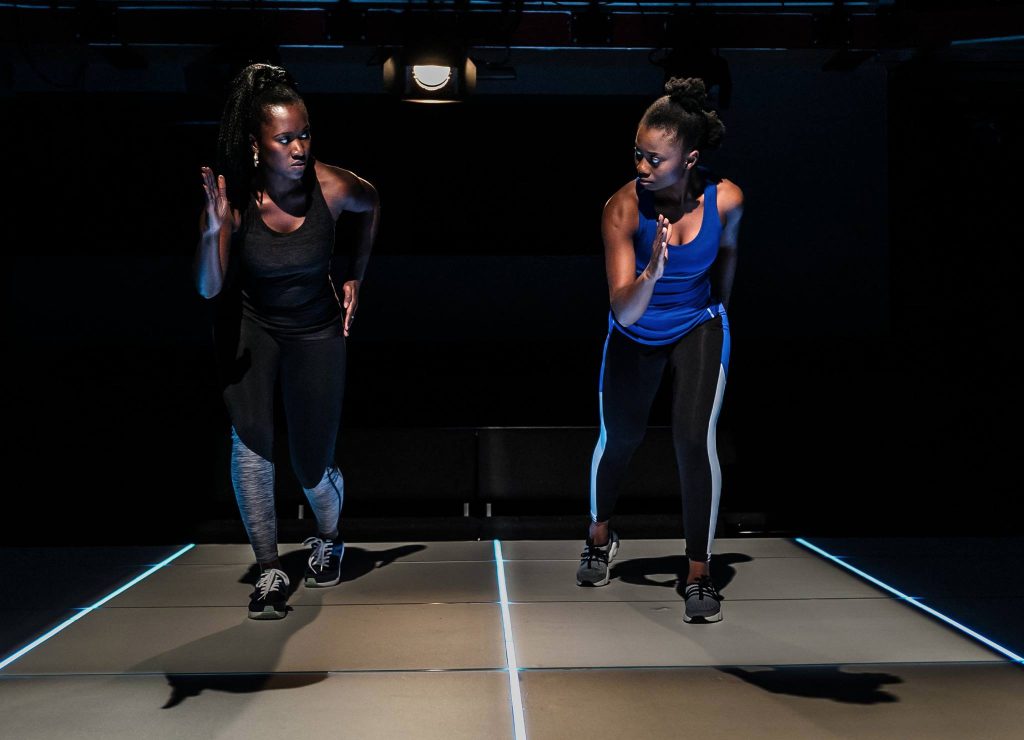
It is not often that the world of sport is the theme of a theatrical production, and yet, as playwright Jonathan Maitland points out, it’s a subject brimming with potential for drama. Surprised that sports personalities have rarely been protagonists on stage, Maitland makes use of all the emotional elements that characterise sporting events and mixes them with the intrigue that unfolds behind the scenes.
Set in the near future, in 2026, the play aims to anticipate the next movements in the business of performance-enhancing drugs and predict the methods that athletes may resort to as technology and medicine continue to develop fast. When the stakes are high, sporting endeavours bring to the fore, through a magnified lens, the best and the worst of athletes, and with such a controversial topic as doping in the limelight, the premises for the play are promising.
Eve is a young passionate athlete determined to win gold. Aware of her limitations, she seeks the assistance of the tough coach Rona. Rona deliberately creates tension between Eve and Joyce, another capable athlete she trains, and even puts a strain on Eve’s relationship with her journalist boyfriend, Tom. Eve, however, is not intimidated by her arrogance and strict methods.
Eager to innovate and succeed, Rona proposes the use of gene therapy, a controversial method that can help Eve become the fastest runner in the world. Torn between her desire to win and the fear of crossing the line of illegality, Eve must consider the physical effects and moral implications that such a procedure would have.
Predictably, recreating the atmosphere of a sporting event ultimately proves to be beyond the reach of the production. The set is practically bare but brought to life by the clever use of lighting, which also highlights the play’s futuristic feel. Deny Deny Deny does offer a solid plot and hits the right balance between facts and drama, while providing snappy and amusing dialogues. There is perhaps an excessive use of expletives. These do give an idea of the harshness of the environment but, because overused, eventually detract from the power of the dialogues.
While enjoyable, there is something mechanical about the play, and rather than get lost in its action, one is aware of the carefully studied structure. At times the desire for controversy seems forced, but all-in-all the storyline is satisfying, the performers excellent, and the play may open the doors for a neglected genre – if more engaging ways to stage sports can be devised.
Mersa Auda
Deny Deny Deny is on at Park Theatre from 2nd November until 3rd December 2016. For further information or to book visit here.



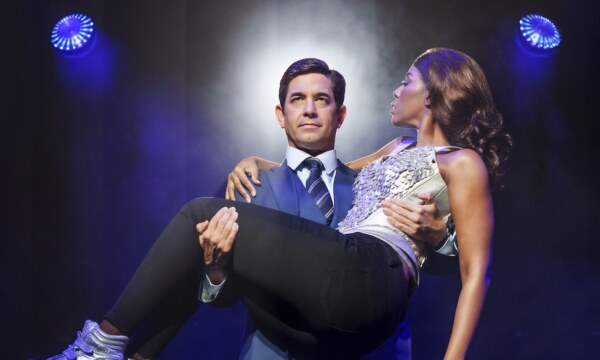
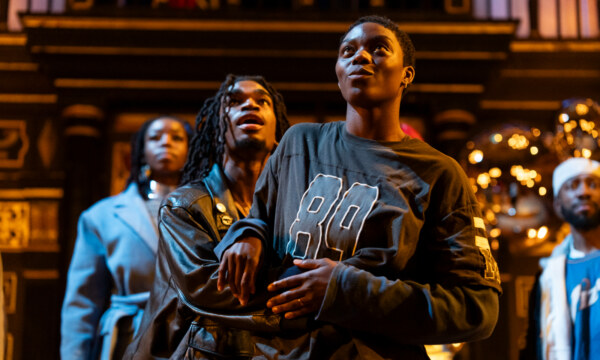
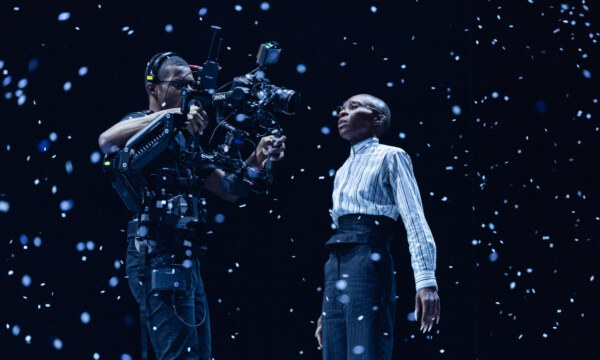
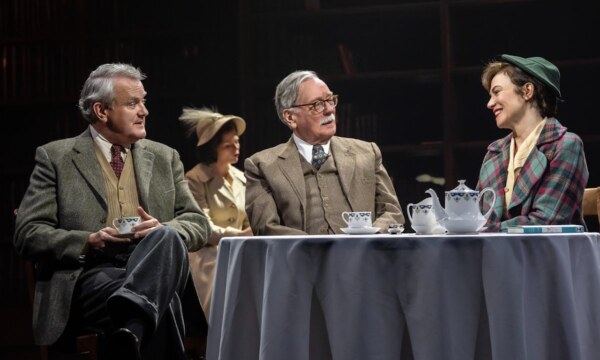
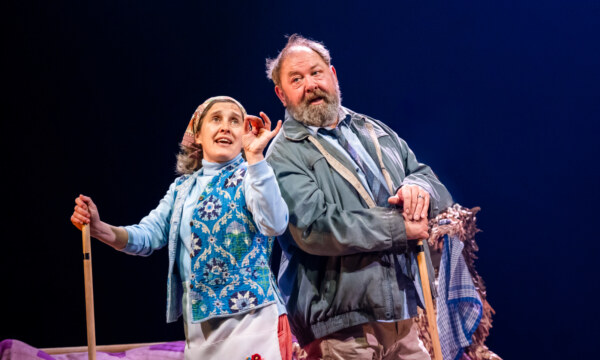
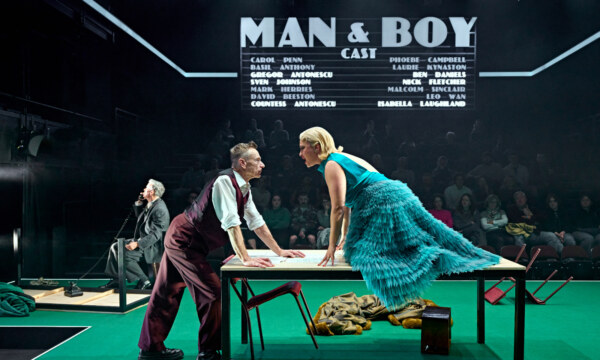
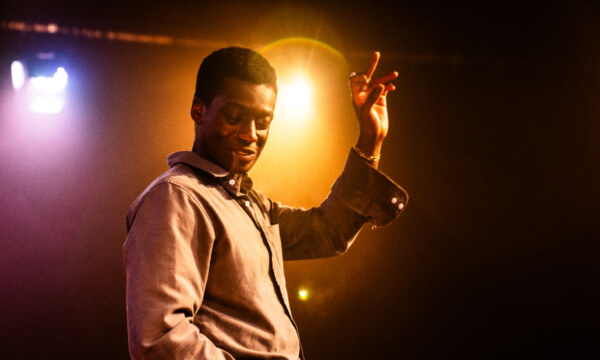
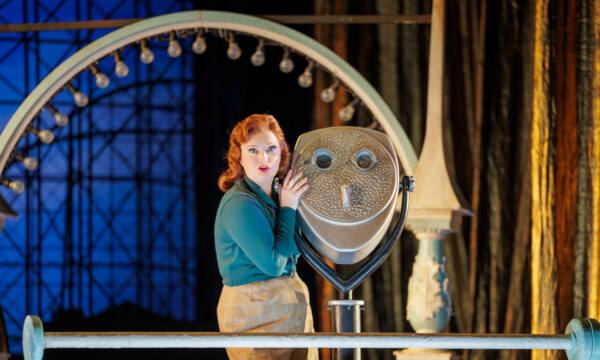
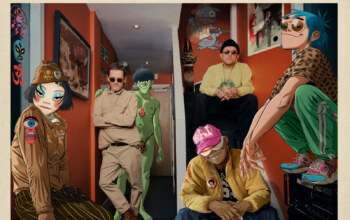

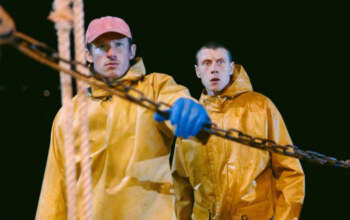





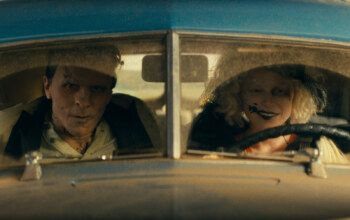






Facebook
Twitter
Instagram
YouTube
RSS